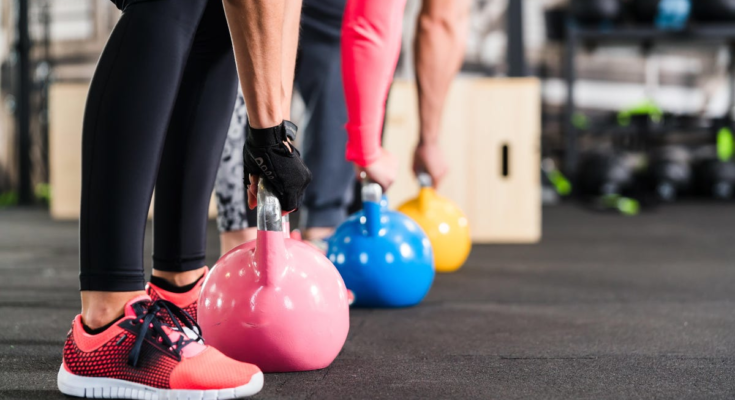
I grew up in a pro-ibuprofen household. To this day, my father insists that “a little Advil never hurt anybody.” But that’s not wholly true, and it’s definitely not Lifehacker’s journalistic stance on popping pain relievers.
While articles with titles like “Why You Should Never Take Painkillers Before Working Out” strike me as fear mongering, I’ve found that those headlines have seeped into my subconscious. When I’m in the midst of marathon training, I’m often tempted to take some sort of NSAID (nonsteroidal anti-inflammatory drugs, like ibuprofen) to ward off potential aches and pains that come with an extra long run. But before I reach for the Advil bottle, those “never take painkillers!” headlines flash before my eyes.
Is it or is it not okay to pop pain relievers before your workout? And if it’s not okay, how bad is it, really?
The alleged risks of taking pain killers before exercise
You’ve probably heard that taking too much ibuprofen can lead to kidney damage. When it comes to athletes’ health, a 2017 article in The New York Times claimed that regularly taking popular NSAIDs could “overtax the kidneys during prolonged exercise and reduce muscles’ ability to recover” after exercise. The NYT’s conclusion is based on two different studies: one on ultramarathoners and one on mice.
We’ve previously explained that while pain relievers like ibuprofen are popular among athletes, the supposed benefits may not be worth the potential costs. In fact, another 2017 study published in Proceedings of the National Academy of Sciences found that NSAIDs hinder muscle regeneration and lead to weakened muscles–at least, this occurred in the mice on which the study was performed. The NYT addresses this mousey fact by saying that “the findings imply that in people, too, anti-inflammatory painkillers might slightly impair muscles’ ability to regenerate and strengthen after hard workouts.” By the time you take enough NSAIDs to stave off your pain, you’re also taking enough to interfere with your recovery.
Why it’s low risk, and low reward
According to a breakdown of that NYT article by SELF, there are a few reasons why you may not need to be too alarmed about potential kidney and muscle damage. I encourage you to read SELF’s full analysis, but in short: the studies cited by the NYT likely don’t apply to you, a non-ultramarathoner, non-mouse athlete who is probably very average (but a nice person).
The official stance of the American Medical Society for Sports Medicine is that NSAIDs and acetaminophen should not be used to prevent injury, but can be used with caution prior to activity to lessen minor, sport-related soreness.
Then again, keep in mind that whatever benefits you’re seeking by taking pre-workout pain relief might be placebo, anyways. David C. Nieman, Dr.PH., director of the Appalachian State University Human Performance Lab tells SELF that ibuprofen use has no effect on how athletes in his lab rate their perceived exertion, race time, muscle damage, and soreness. So while you may not be putting your kidneys in imminent danger, you’re also not doing yourself a whole lot of good, either.
The bottom line on NSAIDs before exercise
There are risks to any medication; the more you take, the bigger the risk. Before you pop a pre-workout NSAID, remember that the science suggests that there are no significant physiological benefits, but there are potential long-term drawbacks (such as stomach ulcers and liver failure) if you consistently take too much for too long.
If ongoing pain is an issue during exercise, consider reaching out to a professional instead of regularly self-medicating. Pain relievers are a short term fix if you need them to get through the day, but don’t take any more than you need to.



